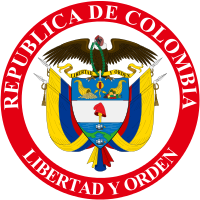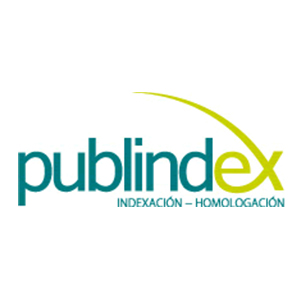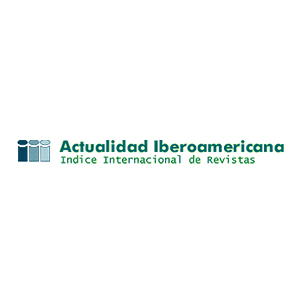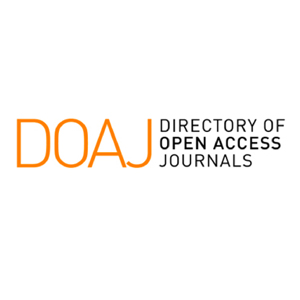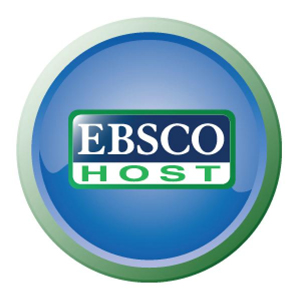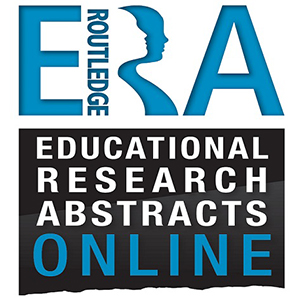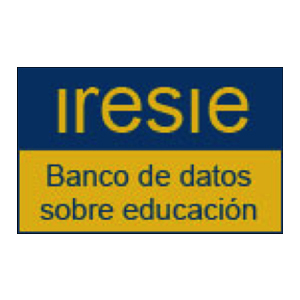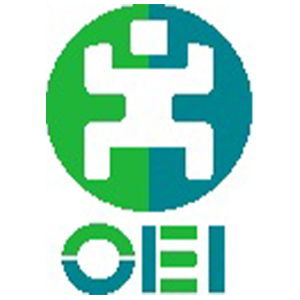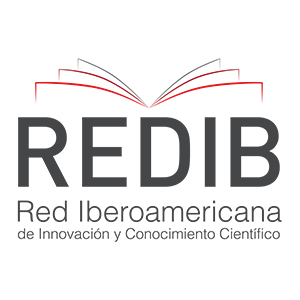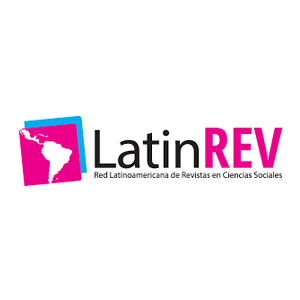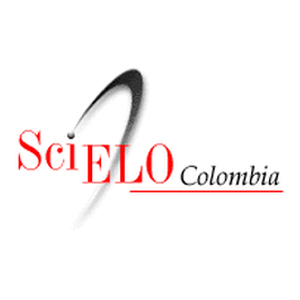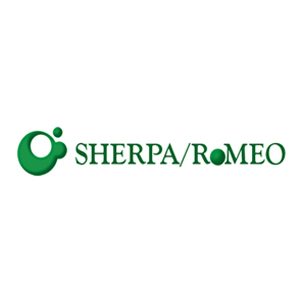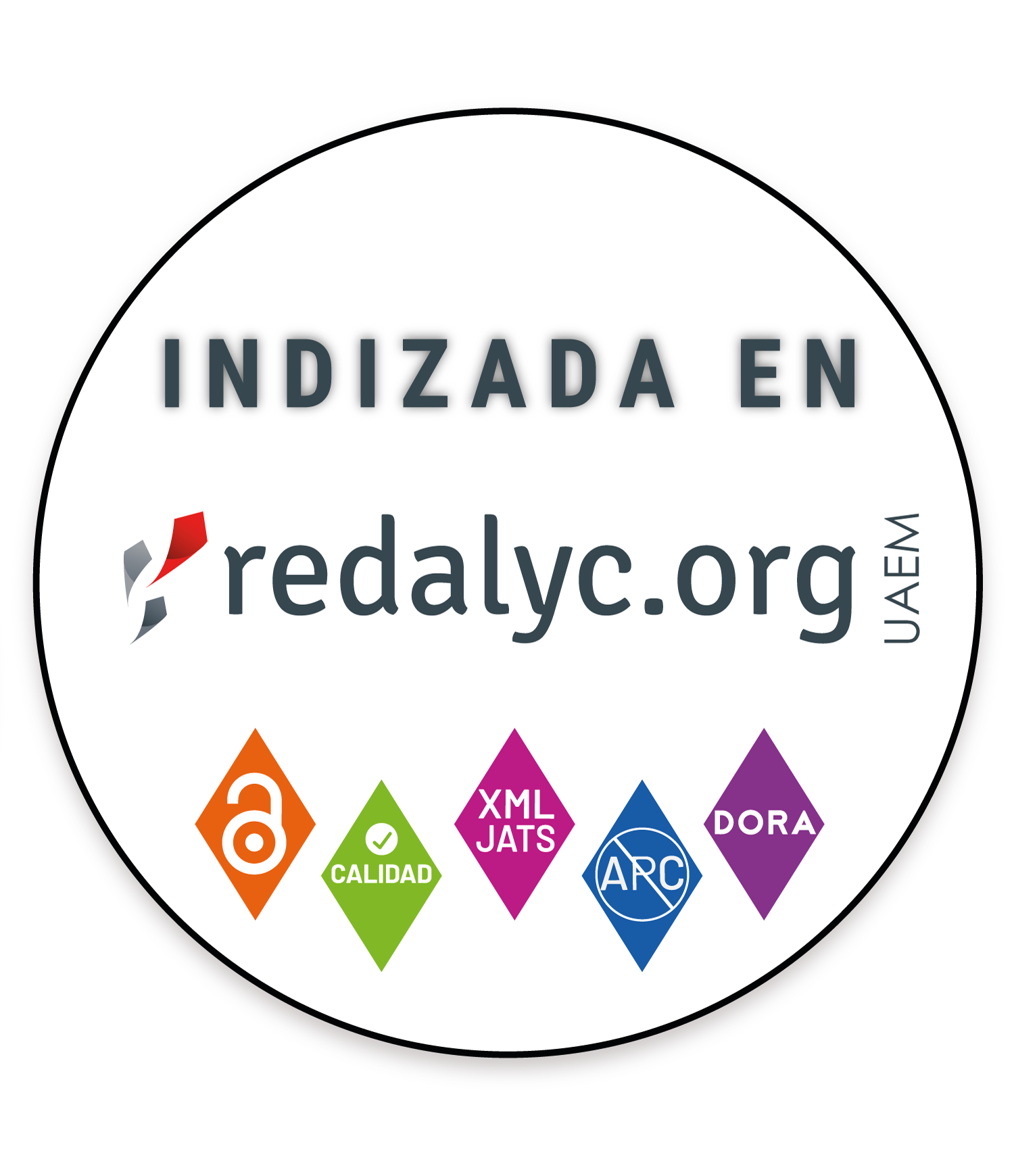ARGUMENTACIÓN CIENTÍFICA ESCOLAR: UN MODELO PARA LA DEFENSA DEL MEDIO AMBIENTE
Este documento tiene como propósito presentar una perspectiva de investigación de la argumentación científica desde una mirada de interacción social en la construcción de procesos de enseñanza de la ciencia, cuyo propósito es el fortalecimiento del pensamiento crítico en estudiantes de educación secundaria a través de la formulación, validación, implementación y evaluación de un modelo de argumentación científica que promueva el reconocimiento de las energías renovables como una estrategia de reducción de los problemas ambientales en estudiantes de básica secundaria de la Institución Educativa Ciudad Verde del municipio de Soacha. Se platea una metodología de tipo mixto. Como resultados se describen de forma general los elementos teóricos que permitirán la construcción de la propuesta de modelo argumentativo. Se concluye indicando la importancia de desarrollar procesos argumentativos que contribuyan a la superación de la crisis climática global a través de acciones educativas que fortalezca en los ciudadanos el desarrollo del pensamiento crítico para que de una forma participativa puedan contribuir en la mitigación de los problemas ambientales actuales
Ballesteros-Ballesteros, V., & Gallego-Torres, A. P. (2019). La educación en energías renovables desde las controversias socio-científicas en la educación en ciencias. Revista científica, 2(35), 192-200. https://doi.org/10.14483/23448350.1486
Ballesteros-Ballesteros, V. A., & Gallego-Torres, A. P. (2019). Modelo de educación en energías renovables desde el compromiso público y la actitud energética. Revista Facultad de Ingeniería, 28(52), 27-42
Creswell, J. (2014). Una introducción concisa a la investigación de métodos mixtos. Publicaciones sabias.
Cutter, L., Barnes, L., Berry, M., Burton, C., Evans, E., Tate, E., & Webb, J. (2008). A place-based model for understanding community resilience to natural disasters. Global environmental change, 18 (4), 598-606.
DeWaters, J. E., & Powers, S. E. (2011). Energy literacy of secondary students in New York State (USA): A measure of knowledge, affect, and behavior. Energy Policy, 39(3), 1699-1710.
Duschl, R. A., & Osborne, J. (2002). Supporting and promoting argumentation discourse in science education.
Facione, P. A. (2011). Critical thinking: What it is and why it counts. Insight Assessment, 2007(1), 1-23.
Felton, M., Garcia-Mila, M., Villarroel, C., & Gilabert, S. (2015). Arguing collaboratively: Argumentative discourse types and their potential for
knowledge building. British Journal of Educational Psychology, 85(3), 372-386.
Gallego, A., Castro, J. & Rocha, P. (2016). La necesidad de una educación energética desde las ciencias de la sostenibilidad. Revista Tecné, Episteme y Didaxis: TED, Extraordinario, pp.1271-1277.
Guven, G., & Sulun, Y. (2017). Pre-service teachers' knowledge and awareness about renewable energy. Renewable and Sustainable Energy Reviews, 80, 663-668.
Huxster, J. K., Uribe-Zarain, X., & Kempton, W. (2015). Undergraduate understanding of climate change: The influences of college major and environmental group membership on survey knowledge scores. The Journal of Environmental Education, 46(3), 149-165.
Jiménez-Aleixandre, M. P., Bugallo Rodríguez, A., & Duschl, R. A. (2000). “Doing the lesson” or “doing science”: Argument in high school genetics. Science Education, 84(6), 757-792 https://doi.org/10.1002/1098-237X(200011)84:6<757::AID-SCE5>3.0.CO;2-F.
Jiménez-Aleixandre, M. P., & Erduran, S. (2007). Argumentation in science education: An overview. In Argumentation in science education (pp. 3-27). Springer, Dordrecht.
Kandpal, TC y Garg, HP (1999). Educación en energías renovables para técnicos / mecánicos.
Lee, L.S., Lee, Y.F., Altschuld, J.W., Pan, Y.J., (2015). Energy literacy: Evaluating knowledge, affect, and behavior of students in Taiwan. Energy Policy 76, 98–106
Lee, LS, Lee, YF, Wu, MJ y Pan, YJ (2019). Un estudio de alfabetización energética entre estudiantes de enfermería para examinar las implicaciones en los esfuerzos de conservación de energía en Taiwán. Política energética , 135 , 111005.
Liarakou, G., Gavrilakis, C., & Flouri, E. (2009). Secondary school teachers’ knowledge and attitudes towards renewable energy sources. Journal of Science Education and Technology, 18(2), 120-129.
Martín-Gámez, C., y Erduran, S. (2018) Comprensión de la argumentación sobre cuestiones socio-científicas en materia de energía: un estudio cuantitativo con profesores de formación inicial en España. Investigación en educación científica y tecnológica, 36 (4), 463-483.
Mirandola, A., & Lorenzini, E. (2016). Energy, environment, and climate: From the past to the future. International Journal of Heat and Technology, 34(2), 159-164
Newton, P., Driver, R., & Jonathan, O (1999). El lugar de la argumentación en la pedagogía de la ciencia escolar. Revista Internacional de Educación en Ciencias, 21(5), 553-576
Nielsen, B. L. (2012). Science teachers’ meaning-making when involved in a school-based professional development project. Journal of science teacher education, 23(6), 621-649.
Ocetkiewicz, I., Tomaszewska, B., & Mróz, A. (2017). Renewable energy in education for sustainable development. The Polish experience. Renewable and Sustainable Energy Reviews, 80, 92-97.
Porter, E., & Van der Linde, C. (1995). Toward a new conception of the environment-competitiveness relationship. Journal of economic
perspectives, 9(4), 97-118.
Rahmawati, Y., Amalia, R., & Budi, S. (2020). Challenging Students' Critical Thinking Skills: Integrating Socio-critical and Problem-oriented The approach in Nanoscience and Nanotechnology Learning. Universal Journal of Educational Research, 8(1), 98-104.
Rogoff, B. & Chavajay, P. (2004). “Las bases culturales del desarrollo cognitivo. Evolución de la investigación en este campoen Norteamérica. Revista Educación y Pedagogía, XVI (39), pp.121-159.
Salamanca Céspedes, J. E. (2019). La educación en energías renovables no convencionales en la formación de ingenieros electrónicos: Nonconvencional renewable energy education in the training of electronic engineers. Noria Investigación Educativa , 2(4), 11–
https://doi.org/10.14483/25905791.16331
Sauvé, S., Bernard, S., & Sloan, P. (2016). Environmental sciences, sustainable development, and circular economy: Alternative concepts for trans-disciplinary research. Environmental Development, 17, 48-56.
Tamayo, O. E., Zona, R., & Loaiza, Y. E. (2015). El pensamiento crítico en la educación. Algunas categorías centrales en su estudio. Revista Latinoamericana de Estudios Educativos, 11(2), 111-133.
APA
ACM
ACS
ABNT
Chicago
Harvard
IEEE
MLA
Turabian
Vancouver
Descargar cita
Visitas
Descargas
Licencia

Esta obra está bajo una licencia internacional Creative Commons Atribución-NoComercial 4.0.
Todo el trabajo debe ser original e inédito. La presentación de un artículo para publicación implica que el autor ha dado su consentimiento para que el artículo se reproduzca en cualquier momento y en cualquier forma que la revista Tecné, Episteme y Didaxis: TED considere apropiada. Los artículos son responsabilidad exclusiva de los autores y no necesariamente representan la opinión de la revista, ni de su editor. La recepción de un artículo no implicará ningún compromiso de la revista Tecné, Episteme y Didaxis: TED para su publicación. Sin embargo, de ser aceptado los autores cederán sus derechos patrimoniales a la Universidad Pedagógica Nacional para los fines pertinentes de reproducción, edición, distribución, exhibición y comunicación en Colombia y fuera de este país por medios impresos, electrónicos, CD ROM, Internet o cualquier otro medio conocido o por conocer. Los asuntos legales que puedan surgir luego de la publicación de los materiales en la revista son responsabilidad total de los autores. Cualquier artículo de esta revista se puede usar y citar siempre que se haga referencia a él correctamente.

